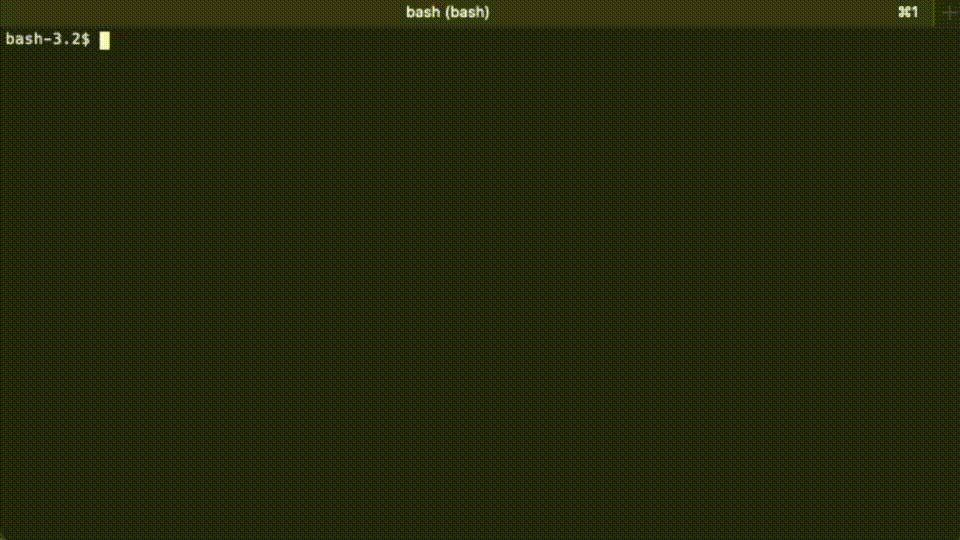This Docker image provides one HTTP proxy endpoint with many IP addresses for use scenarios like crawling.
Behind the scene, it has an HAProxy sitting in front of multiple pairs of Privoxy-Tor. The HAProxy dispatches the incoming requests to the Privoxy instances with a round-robin strategy.
docker run --rm -it -p 3128:3128 zhaowde/rotating-tor-http-proxyAt the host, 127.0.0.1:3128 is the HTTP/HTTPS proxy address.
docker run --rm -it -p 3128:3128 -p 4444:4444 -e "TOR_INSTANCES=5" -e "TOR_REBUILD_INTERVAL=3600" zhaowde/rotating-tor-http-proxyPort 4444/TCP can be mapped to the host if HAProxy stats information is needed. With docker run -p 4444:4444, the HAProxy statistics
report is available at http://127.0.0.1:4444. An article from the
HAProxy official blog explains in detail how to understand this report.
Environment variable TOR_INSTANCES can be used to config the number of concurrent Tor clients (as well as the associated Privoxy
instances). The default is 10, and the valid value is purposely limited to the range between 1 and 40.
Each Tor client attempts to build a new circuit (results in a new outbound IP address) every 30 seconds. Every 30 minutes, this image
rebuild all the circuits. This interval can be changed with environment variable TOR_REBUILD_INTERVAL, the default value is 1800
seconds, while it can be set up any number greater than 600 seconds.
while :; do curl -sx localhost:3128 ifconfig.me; echo ""; sleep 2; doneAt Github there are many repos build Docker image to provide HTTP proxy connects to the Tor network. The project is reinventing the wheel based on many of them. Remarkably:
- y4ns0l0/docker-multi-tor creates a setup with multiple pairs of Privoxy-Tor. Having no HAProxy-like dispatcher, each Privoxy expose itself to the host as a different TCP port.
- mattes/rotating-proxy does exactly the same job as this project. However,
- it utilizes Polipo as the HTTP-SOCKS proxy adapter. Polipo ceased to be maintained on 6 November 2016
- the base image is Ubuntu 14.04, which it too heavy for this case, and out-of-maintenance as well
- the main control logic is written in Ruby
- alpine-3.16.3
- bash-5.1.16
- curl-7.83.1
- haproxy-2.4.18
- privoxy-3.0.33
- sed-4.8
- tor-0.4.7.10





